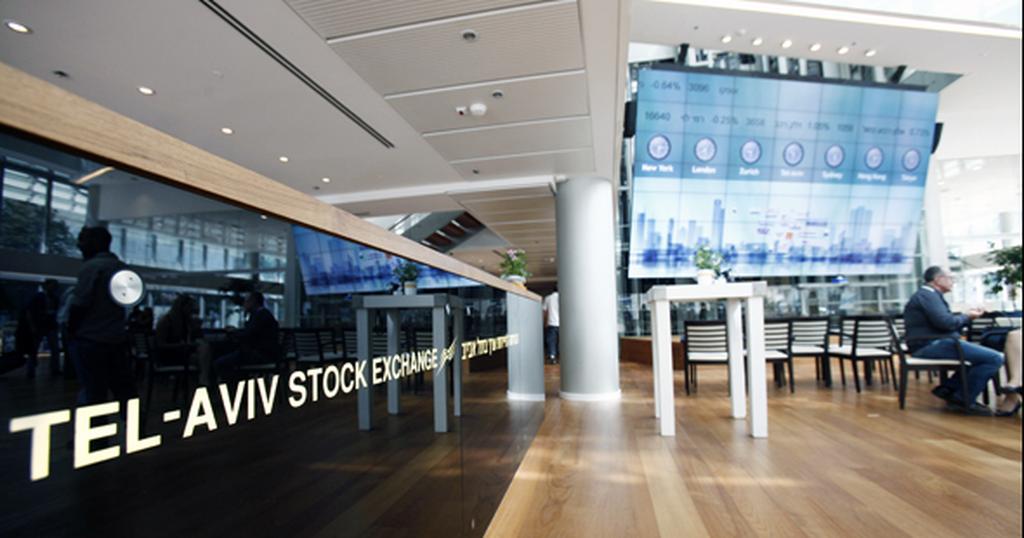Despite being mired in the longest and most intense military conflict in its history, Israel’s financial markets are booming — and breaking records. The Tel Aviv Stock Exchange has become one of the world’s best-performing markets in 2025, even as the country endures multi-front wars, mounting defense costs, and geopolitical uncertainty.
According to newly released data, Israel’s main stock indexes have surged well ahead of global benchmarks. The TA-125 has jumped 34.6% this year, while the TA-35 index of blue-chip companies is up 33.6%. The TA-90, which tracks mid-cap stocks, leads with a remarkable 36% increase, outpacing the S&P 500, Dow Jones, and other major indices.
The Israeli shekel, too, has strengthened sharply, climbing 8% against the dollar during Israel’s 12-day war with Iran in June, reaching a two-year high. That rally came even as the country grappled with heavy missile barrages, widespread destruction, and the economic toll of a drawn-out military campaign.
Investor confidence is reflected in the numbers. In the first half of 2025, Israeli retail investors funneled more than NIS 8.2 billion ($2.45 billion) into the stock market — more than double the amount seen in the second half of 2024. Foreign investors added another NIS 9.6 billion ($2.86 billion) during the same period, up from NIS 3.9 billion in the previous half-year.
The investment focus has been broad: banks benefiting from high interest rates, insurance companies, construction firms, infrastructure players, and airlines have all seen increased interest. Crucially, tech funding has also rebounded, hitting a three-year high in the first half of 2025 — a critical boost for an economy where high-tech accounts for 20% of GDP and roughly half of all exports.
This bullish trend comes despite serious macroeconomic headwinds. The war effort has left a massive fiscal hole, with soaring defense spending, billions allocated for reconstruction, and compensation packages for reserve soldiers and victims’ families. Moody’s has maintained a negative outlook on Israel’s credit rating and warned that economic risks from the war with Iran may be worse than currently assessed.
Israel’s economy contracted sharply at the end of 2023 but has since rebounded. After shrinking 20.8% in Q4 2023, the economy grew by 1% in 2024 and is projected to expand by 3.3% this year, according to the Bank of Israel. Moody’s is more cautious, forecasting just 2% growth in 2025.
Still, markets appear to be looking past the immediate costs. The prospect of a ceasefire with Hamas — still being negotiated — and a broader regional realignment, including potential normalization with Saudi Arabia, has generated substantial investor enthusiasm.
For decades, the specter of Iranian aggression and regional instability cast a long shadow over Israel’s economic outlook. But analysts now say that era may be shifting. If the momentum from recent military operations leads to a more stable Middle East — and if Israel can capitalize on diplomatic and economic openings — the current market rally may be just the beginning.
(YWN World Headquarters – NYC)











